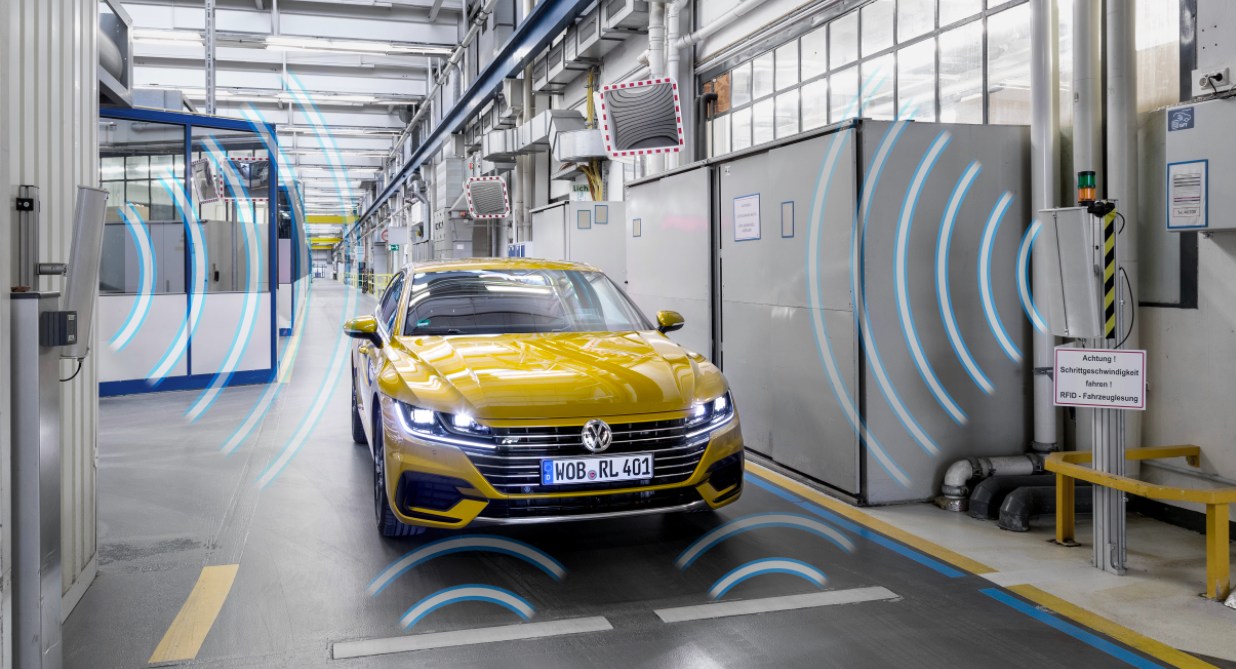How Smart Parking Will Lead to Smarter Cities
In recent years, there has been an increased global thrust on building ‘cities of the future’ or Smart Cities. These are smart in the sense of utilizing cutting-edge technologies to optimize asset use, build capacity, and employ their technology-enabled capabilities to become greener, safer, and more efficient. However, cities can’t be truly smart without smart parking. Smart parking combines digitization of parking operations, sensor-based tracking, and data analytics to create efficient parking systems. A convergence between these approaches will reduce congestion on roads, help city planners devise optimum pricing, and make productive use of physical assets, ultimately easing urban mobility.
Smart parking is the stepping stone to building smart cities
Today, almost all major cities of the world are plagued with the problems of limited car parking facilities and inadequate road safety. Hunting for parking is often frustrating, with vehicles wasting a significant amount of time looking for empty spaces. The cities of the future will need an efficient system for disbursing information related to parking lot capacity and spot availability, quickly redirecting motorists to available spaces.
Using low-cost sensors and smartphone-enabled payment systems, smart parking software can collect real-time traffic data that can then be relayed to operators, drivers, and local authorities for efficient traffic and parking management. It also allows people to reserve parking in advance or at the least, accurately spot the desired parking slot. A holistic smart parking solution can help reduce car emissions in urban areas by reducing the time to park as well as allow authorities to effectively manage the parking supply.
How smart parking leverages technology to create smarter cities
By infusing parking management with data analytics, cities can be planned better, enabling governments to efficiently manage their parking assets. When the entire parking experience is automated, a driver no longer needs to physically locate a space, buy a ticket, produce it at the exit, and hand over the fees. However, it’s not just limited to finding available parking spaces; by leveraging IoT and predictive analytics, smart parking initiatives can ultimately support the evolution of smart cities itself.
Smarter cities can also roll out dynamic and surge pricing for parking wherein motorists pay for parking according to real-time conditions enabled by the use of predictive analytics and big data. Thus, depending on the weather, the traffic density, demand, and real-time changes in supply, smart parking solutions can be used to maximize government revenue and optimize asset use.
Indeed, in metropolitan cities such as New Delhi, Mumbai, and Bangalore, there is an animated debate surrounding ways to increase revenue from parking while optimizing costs and reducing inconvenience to motorists. Such concerns can be adeptly addressed with smart parking systems that use technology to actualize a gigantic electronic web of nodes and sensors to display real-time pricing, maximize efficiencies from scale, and create synergies.
Smart parking will help attain the vision of smarter cities
The Indian government in conjunction with the state governments is actively working towards building the cities of the future. Globally, cities such as Singapore use smart parking solutions including contactless cards for parking fees which will soon be integrated with credit cards; this can effectively be used for the payment of all public services without physical swiping or online verifications. Developing smart parking solutions within a city requires data standardization, smartphone integration, constant innovation, and effective coordination among various stakeholders. Together, these help build a technology-enabled, multimodal, fully integrated transportation system.
A competent parking management solution is the cornerstone for optimum city planning. In the long run, smart parking system has the potential to transform our cities into more efficient, people-friendly, and environmentally sustainable landscapes. By integrating all these components of our cities, we can create a seamless and real-time urban mobility system that truly provides the experience of the future.

